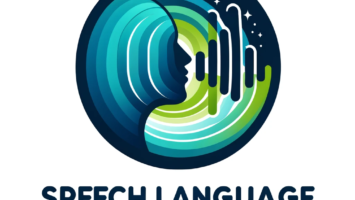ANR TRADEF Project
Tracking and Detecting Fake News and Deepfakes in Arabic Social Networks The 4th Generation War (4GW) is known as an information war involving non-military populations. It is conducted by national or transnational groups following ideologies based on cultural beliefs, religion, economic or political interests, aiming to sow chaos in a targeted region globally. In 1989, authors discussing the 4th generation war, some of whom were military experts, explained that it would be widespread and challenging to define in the decades to come. With the emergence of social networks, the previously vague battlefield found a platform for 4GW. One of its penetration points is the extensive use of social networks to manipulate opinions, aiming to shape the targeted region’s perspective to accept a certain state of affairs and render it socially and politically acceptable. Much like the 4th generation war, cognitive warfare aims to blur comprehension mechanisms regarding politics, economy, religion, etc. Its consequence is destabilizing and weakening the adversary. This cognitive war targets what is assumed to be the enemy’s brain, altering reality by flooding the adversary’s population with misleading information, rumors, or manipulated videos. Furthermore, the proliferation of social bots today enables automated dissemination of disinformation on social networks. Plus d'infos

